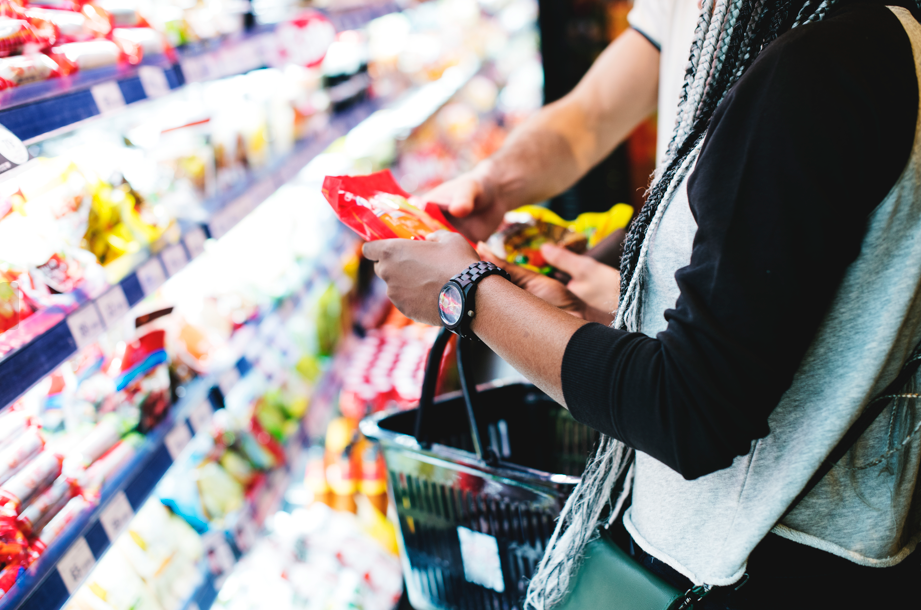
Anvisa and the New Regulation on Food and Packaging
The publication of ANVISA’s Collegiate Board Resolution (RDC) 843.24 and Normative Instruction (IN) 281.24 brought significant updates to the regularization of food and packaging within the National Health Surveillance System (SNVS), replacing the previously in-force RDC (no. 22/2000).
The new rules aim to modernize the treatment of product regularization, to promote a more dynamic and competitive business environment.
Procedures and categories
Food and packaging have been divided into categories where regularization with ANVISA may be achieved through less bureaucratic means, reducing administrative burdens for both the regulatory agency and the food sector. There are three forms of regularization now:
- Registration with ANVISA;
- Notification to ANVISA;
- Communication to local health surveillance agencies at the beginning of production or importation.
Notification will be a new form of product regularization that applies to products of intermediate criticality. As a rule, regularization through notification is automatic and without prior analysis by the regulatory agency. Thus, for example, infant formulas and enteral nutrition will require registration and approval by ANVISA before commercialization, while general dietary supplements and infant food cereals will be exempt from registration, subject to notification instead.
ANVISA issued a list, regrouping the categories of food and packaging according to the type of applicable regulatization.
Products exempt from regularization under SNVS
According to the regulations, certain categories of products are exempt from health regularization, to wit:
- Food raw materials
- Fresh foods
- Food equipment, including household use
- Food products and ingredients, including food additives and processing aids, prepared according to standards that establish their composition, quality, safety, and labelling requirements and used exclusively in the production of industrialized foods
- Food products handled and prepared in food services when intended for direct sale to the consumer, such as bakery products, pasta products, pastry products, confectionery products, dessert products, rotisserie products, ice cream products, bar products, restaurant products, canteen products, nutrition and food units in health services, schools, daycares, among others
Effective date and regularization deadlines
The new rules will come into force on September 1, 2024, and companies will have 12 to 24 months after September/2024 or until the expiry of their registration, depending on its category, to comply with the new rules. We have prepared the table below to better illustrate the topic:

In addition, as a rule, products that are manufactured up to the date of publication of the final decision on the request for regularization may be made available to the market until the end of their shelf life.
ANVISA will later provide manuals for company registration and petitions and publish a revised version of Guide 16/2018 (determination of food expiration dates), consistent with the new regulations. We highlight that registrants and notifiers must register their company in the ANVISA system and keep it updated. Additionally, (i) the national company registration is made by the company itself in the system, and (ii) the international company registration will be made based on the information declared in the electronic regularization form for the product.
Our Life Sciences team is available to assist you with this matter and to provide any necessary clarifications to your company.
This bulletin is for information purposes only and should not be relied upon to obtain legal advice on any of the topics dealt with here. For additional information, please contact the leaders of the Lifesciences & Healthcare team.
CGM Advogados. All rights reserved.

